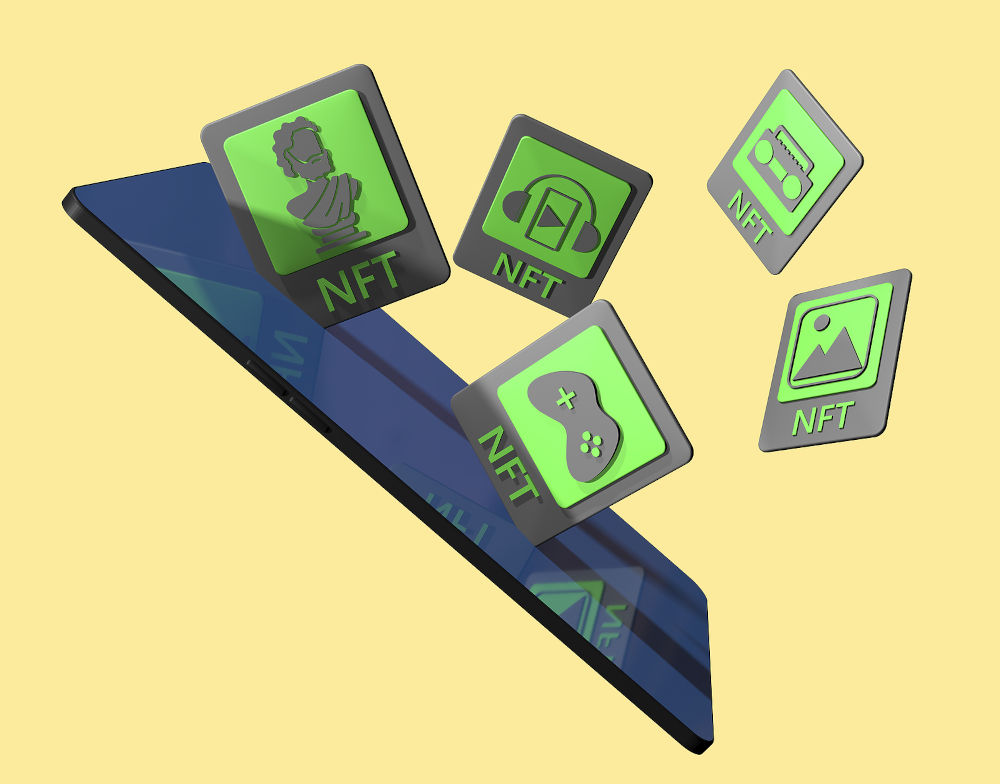The digital world is an ever-evolving one, and now, at a faster pace than ever before. It seems that barely a day goes by without the unveiling of the latest cutting-edge tech developments or exciting new innovations in the sphere, and in recent years, one of the most intriguing – and perhaps unlikely – couplings we’ve seen is the meeting of the gaming industry with luxury brands, with the two coming together in some pretty ground-breaking ways that have uplevelled the gaming experience to new heights and offered the discerning customer a new way to enjoy a personalised, high-end experience.
Those same luxury brands, it seems, have been unable to ignore the vast, untapped potential of the gaming space, and rather than allowing overwhelm to set in, have embraced it wholeheartedly as a whole new means of marketing their products and making them even more desirable. But in the same vein, games developers have recognised the allure of luxury, and are finding new and enticing ways to infuse its appeal into their games. Here, we take a look at exactly how luxury in the gaming sphere – from casinos to popular console games – is winning over a new audience of Gen Z customers and attracting a new level of loyalty in the process.
The rise of non-tangible assets

Once upon a time, the idea of spending huge sums of money on digital items that only exist in the online space would have been unfathomable, but these days, affluent consumers are scrambling to do just that. The arrival of non-fungible tokens – or NFTs, as they are more commonly known – on the scene, has changed all that irrevocably, and has seen buyers splurging eye-watering sums in a bid to own an entirely unique piece of digital artwork or luxury fashion.
An NFT is a unique digital identifier recorded on the blockchain technology that is best known for underpinning cryptocurrencies like Bitcoin and Ethereum, and can’t be copied or substitutes, making them completely one-off pieces – and high-end fashion brands like Gucci and Philipp Plein have leveraged this to their advantage to create their most exclusive and highly sought-after products yet.
Gucci did it in their Gucci Garden game, in partnership with Roblox, in which players could purchase unique NFTs of garments and accessories designed by the brand – and despite the fact they couldn’t actually wear them, they became coveted the world over.
But luxury products in the gaming space aren’t just the products we’d consider luxuries in the real world, and they don’t have to be associated with the covetable brands we know and love; games developers themselves have found new ways to embrace the possibilities and offer highly desirable products within their own games, too.
Within the ever-expanding gaming community, skins, avatars and digital gaming currencies are hot property, too, and are in high demand as a result. But what exactly is it about them that makes them quite so highly sought-after, and how do developers do it?
The psychology of luxury

Learning from the ever-surging popularity of online casinos, which attract affluent customers and high-rollers from across the globe thanks to their association with glamour and opulence, developers of all types of games are looking to emulate their success, and have been paying close attention to the myriad ways casinos, both online and off, have managed to win over their target customer bases so completely. It’s not just the allure of games like baccarat, blackjack and roulette, but the clever psychology that underpins the entire casino experience, and how it has translated so seamlessly into the online space via an array of well thought-out techniques.
Gamers are thought to derive intrinsic motivation – something which, according to the self-determination theory (Deci & Ryan, 1985), is fostered as the result of their fundamental needs (competence, autonomy and a sense of relatedness) being met through the gaming experience and from purchasing virtual high-end items during play.
Combining social identity with intrinsic motivation is part of it, with viewers seeing their digital avatars as an extension of themselves and creating digital characters that resonate with who they are as individuals. As gamers invest in their avatars, they begin to feel more emotionally intertwined with them, which has a knock-on effect on their connection to the game they are playing – so it’s a win-win that works both ways, for games developers as much as the brands they are partnering with.
Being able to purchase items that will enhance their in-game abilities is one example of how the desire for competence is addressed, and as players find themselves able to perform better, the enjoyment factor rises, too. Avatars and skins, meanwhile, are a chance for personal expression, thus satisfying the need for autonomy. And, because most of these items form part of interactive gameplay and play a role in fostering connections and communication with other players, the overall sense of relatedness a player feels also enjoys an uplift.
But in games like Gucci Garden, the traditional driving factor for luxury purchases comes into the equation, with players clamouring to get their virtual hands on an exclusive, one-off piece designed by one of the world’s most respected and esteemed high-end fashion brands. Just like in real life, owning a designer handbag or pair of shoes comes with a certain sense of prestige and status, and it’s something that translates into the digital world seamlessly.
Despite their intangibility, these items still come with a certain level of perceived value, too. And, when you consider that according to a concept in behavioural economics that suggests individuals tend to assign greater value to items simply because they own them (Kahneman, Knetsch & Thaler, 1990), it’s easy to see why Gen Z’s appetite for luxury digital assets appears to know no bounds.
The bottom line
When it comes to appealing to an affluent Gen Z customer base, it seems the fusion of luxury and digital gaming really is a match made in heaven – and as the development of the metaverse continues to gather momentum, we can expect to see the developers and high-end brands we know and love working together more closely than ever to deliver engaging digital experiences and covetable assets that resonate.






















